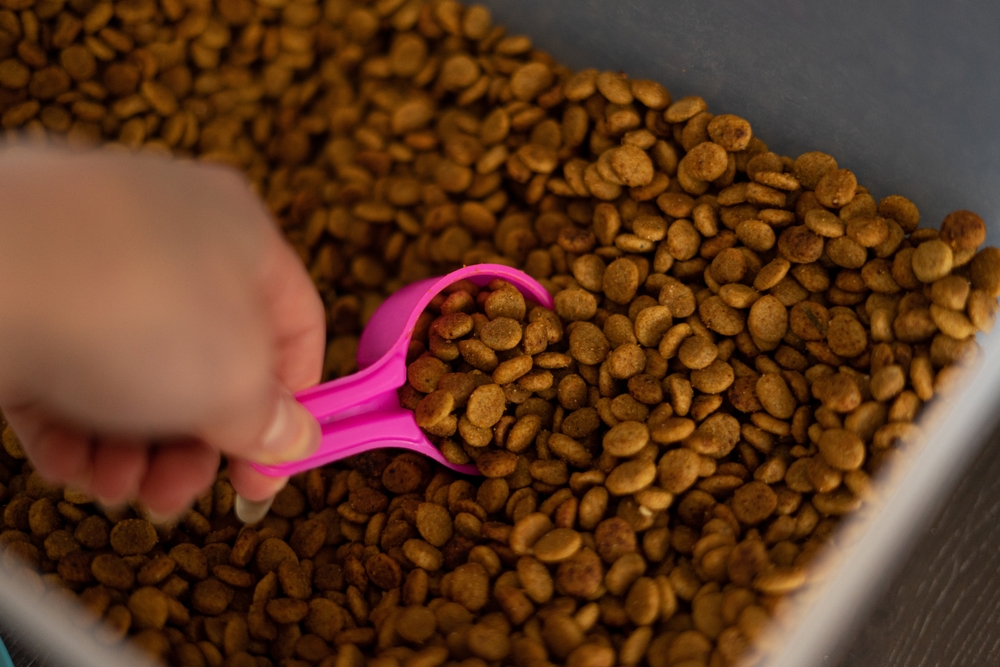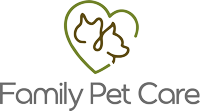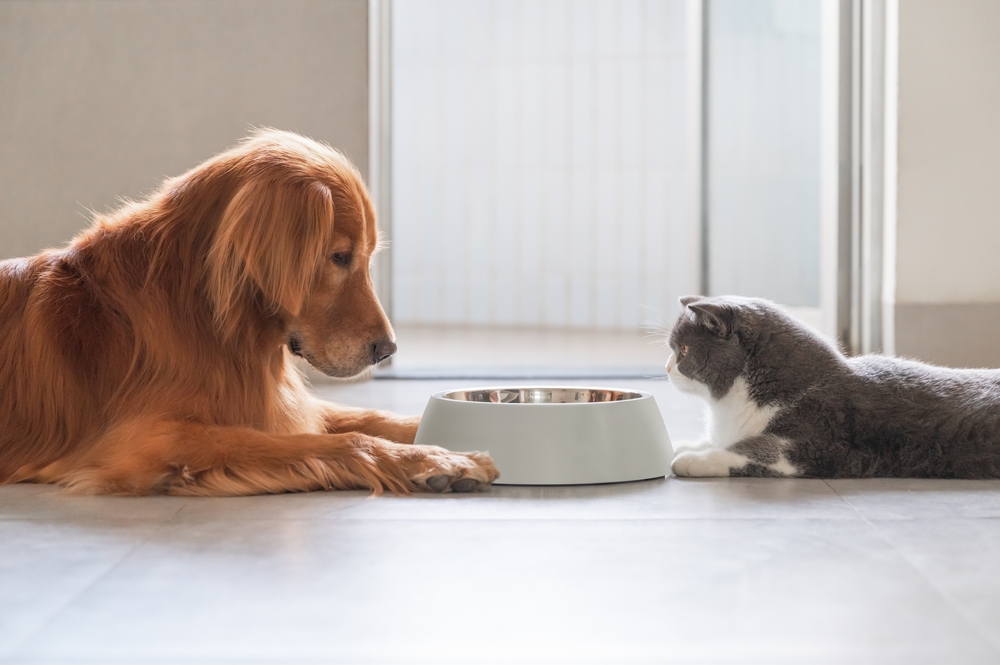In this information age—when you can find websites with medical advice, world news, or self-care tips—you can quickly gather the data you need at any time. This information overload also extends to pet health and nutrition. Nutrition plays a pivotal role in your pet’s overall energy and health, but understanding if information about pet nutrition is factual and science-based is vital. Our Dietz Family Pet Hospital team aims to debunk some of the most common pet nutrition myths and to separate fact from fiction, so you can make informed decisions about your pet’s diet.
Myth #1: Cats and dogs can thrive on a vegetarian diet
While people can live on a purely vegetarian diet and remain healthy, vegetarian diets are seldom ideal for dogs and never for cats. Cats are obligate carnivores whose diet should consist primarily of meat-based protein. Dogs, on the other hand, are omnivores who require a variety of foods, including taurine, an amino acid found in animal-sourced protein.
Myth #2: Raw pet food diets are healthier
The popularity of raw diets for pets has surged in recent years, with some advocates claiming they provide superior nutrition compared with processed pet foods. While raw diets offer increased bioavailability of nutrients, they also pose significant risks, including bacterial contamination (e.g., E. coli and Salmonella) and nutritional imbalances. Consult with your veterinarian before transitioning to a raw diet to ensure it meets your pet’s specific nutritional requirements.
Myth #3: Grains are bad for pets
Contrary to popular belief, healthy grains can be a pet’s valuable source of carbohydrates, fiber, and essential nutrients. Because of the gluten-free fad among people, some pet owners assume pets must also benefit from a grain-free diet. Most pets do not have grain allergies and benefit from the nutrients in whole grains, such as brown rice and oats. Many allergies or sensitivities are linked to other food sources, including meat. However, grains are not inherently harmful and can provide valuable nutrients and energy that support your pet’s overall health and well-being.
Myth #4: Cats should eat only fish and drink only milk
While cats are often considered fish-loving animals, relying solely on fish as a primary protein source can lead to nutritional deficiencies and health problems. Fish-based diets lack essential nutrients such as taurine, which is vital for feline health, and a balanced diet that includes a variety of protein sources, such as poultry, beef, and lamb, is essential for meeting your cat’s nutritional needs. Some cats enjoy milk and dairy products, but with a caveat—many cats are lactose intolerant. Humans are the only adult mammals who consume milk, while other mammals, such as cats and dogs, lack the digestive enzymes to process dairy products.
Myth #5: Pets can self-regulate their food intake
If you’ve witnessed your pet at their food bowl, you know that they stop eating only when their bowl is empty. Pets are not able to effectively self-regulate their food intake. Free-feeding or always leaving food in their bowl can lead to overeating. Obesity is associated with many pet health issues, including diabetes and heart disease. You must establish a regular feeding schedule and monitor portion sizes based on your pet’s age, weight, and activity level for your pet to maintain a healthy weight and prevent nutritional imbalances.
Myth #6: Animal byproducts in pet food are unhealthy

Sure, you want your pet to eat only the best ingredients, but did you know that “byproducts” or “meals” in pet foods offer high nutritional value? Byproducts listed on your pet’s food label are meat parts, such as kidneys, which may not be palatable to your discriminating taste, but pets are not so picky. Organ meats contain five to 10 times more riboflavin (i.e., vitamin B12) than lean muscle meat and higher levels of omega-3 fatty acids, so animal byproducts actually are a valuable source of nutrients for your pet.
Commercial diets can claim they are “complete and balanced” only after testing and certification by the Association of American Feed Control Officials (AAFCO). AAFCO is an independent organization that determines pet food standards and provides nutrient guidelines that each food manufacturer must meet. In short, commercial diets are typically healthy and safe for most cats and dogs.
Your pet’s health and wellbeing is reliant on a nutritious diet and separating fact from fiction is essential, so you can make informed decisions about your pet’s diet. If you have additional questions about pet nutrition or want help in customizing your pet’s diet, do not hesitate to contact Dietz Family Pet Hospital.

